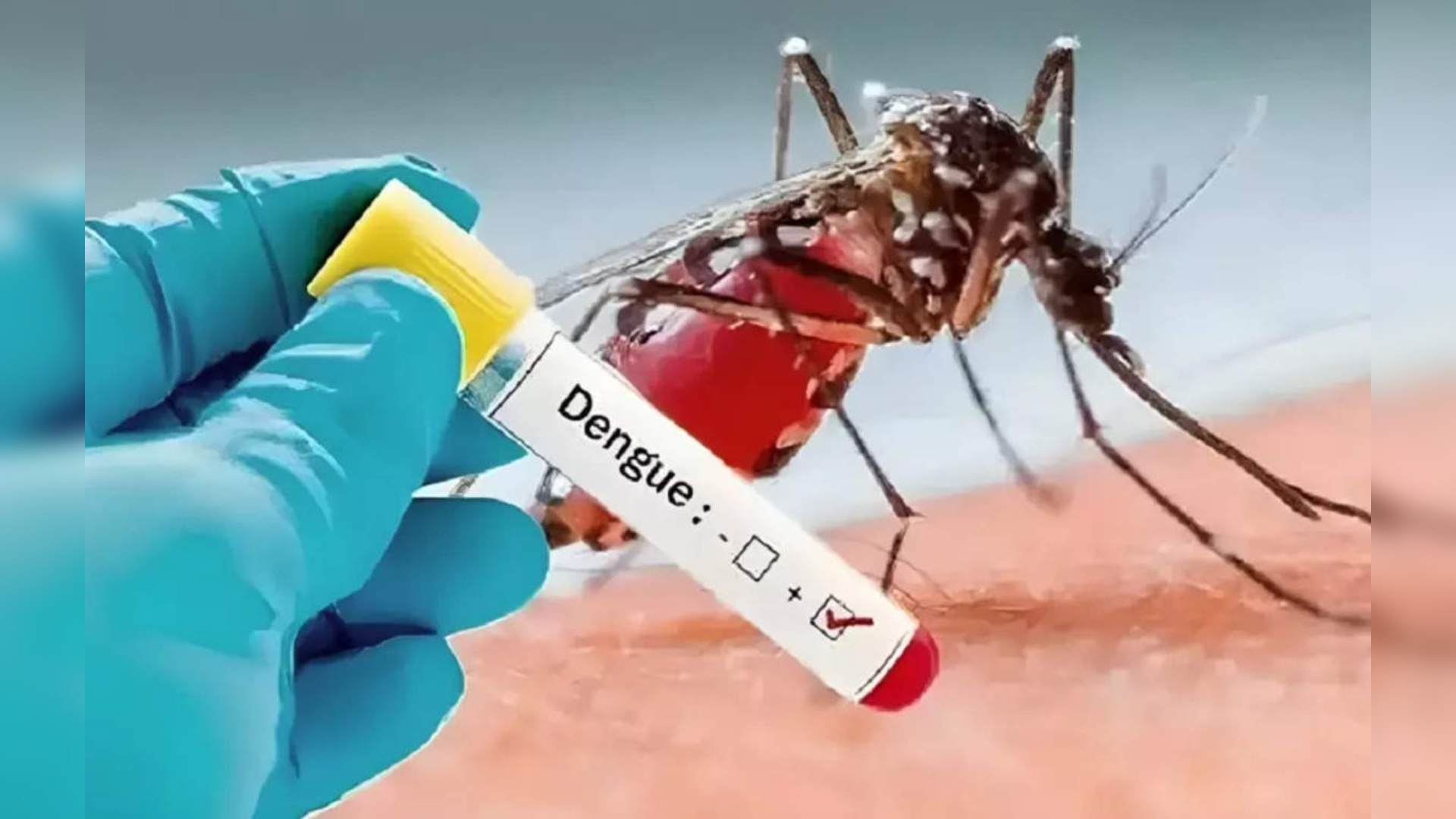
Dengue In Monsoon
- Home
- Blog
- Dengue In Monsoon
Dengue fever is a mosquito-borne illness that can become more prevalent during the monsoon season, primarily due to the increase in stagnant water sources that serve as breeding grounds for mosquitoes. Here’s what you need to know about dengue in the monsoon season:
1. Understanding Dengue Fever
- Cause: Dengue is caused by the dengue virus, which is transmitted to humans through the bites of infected Aedes mosquitoes, particularly Aedes aegypti and Aedes albopictus.
- Symptoms: Dengue fever can cause high fever, severe headache, pain behind the eyes, joint and muscle pain (sometimes referred to as "breakbone fever"), rash, nausea, and vomiting. Severe cases, known as dengue hemorrhagic fever or dengue shock syndrome, can lead to bleeding, plasma leakage, and shock.
2. Impact of Monsoon Season
- Increased Breeding Sites: Monsoon rains lead to the accumulation of water in various places like discarded containers, buckets, old tires, and clogged drains. These become ideal breeding sites for Aedes mosquitoes.
- Higher Mosquito Activity: The increased humidity and warm temperatures during the monsoon season create favorable conditions for mosquitoes to breed and thrive.
3. Prevention Measures
- Eliminate Standing Water: empty and clean containers that collect water, such as flower pots, birdbaths, and water storage tanks. Ensure that water storage containers are covered.
- Use Mosquito Repellents: Apply mosquito repellents on exposed skin and clothing. Use repellents containing DEET, picaridin, or oil of lemon eucalyptus.
- Install Screens: Use mosquito nets or screens on windows and doors to prevent mosquitoes from entering your home.
- Wear Protective Clothing: Wear long-sleeved shirts, long pants, and socks to reduce the amount of exposed skin that mosquitoes can bite.
- Insecticides: Use insecticides or mosquito larvicides to control mosquito populations in and around your home.
4. Symptoms and Treatment
- Symptoms: If you develop symptoms of dengue, seek medical attention immediately. Early diagnosis and proper management are crucial to preventing complications.
- Treatment: There is no specific antiviral treatment for dengue. Management focuses on supportive care, including staying hydrated, resting, and using medications to relieve pain and fever. Severe cases may require hospitalization for intravenous fluids and monitoring.
5. Community Efforts
- Public Health Initiatives: Participate in community clean-up drives to reduce mosquito breeding sites and support local health authorities in dengue control measures.
- Education: Educate yourself and others about the risks of dengue and preventive measures to minimize the impact of the disease.
By taking these precautions and staying vigilant, you can help reduce the risk of dengue fever during the monsoon season.
Dr. K. Rajasekhar Reddy is a best orthopedic surgeon In Guntur . He is Well Known In Surgeries ,Orthopedics,Neurosurgery,General Medicine,general and laparoscopic surgery, Urology, pediatric orthopaedic, Gynaecology, Physiotherapy and Cardiology.

